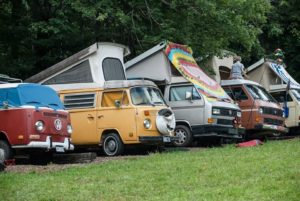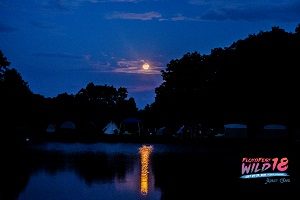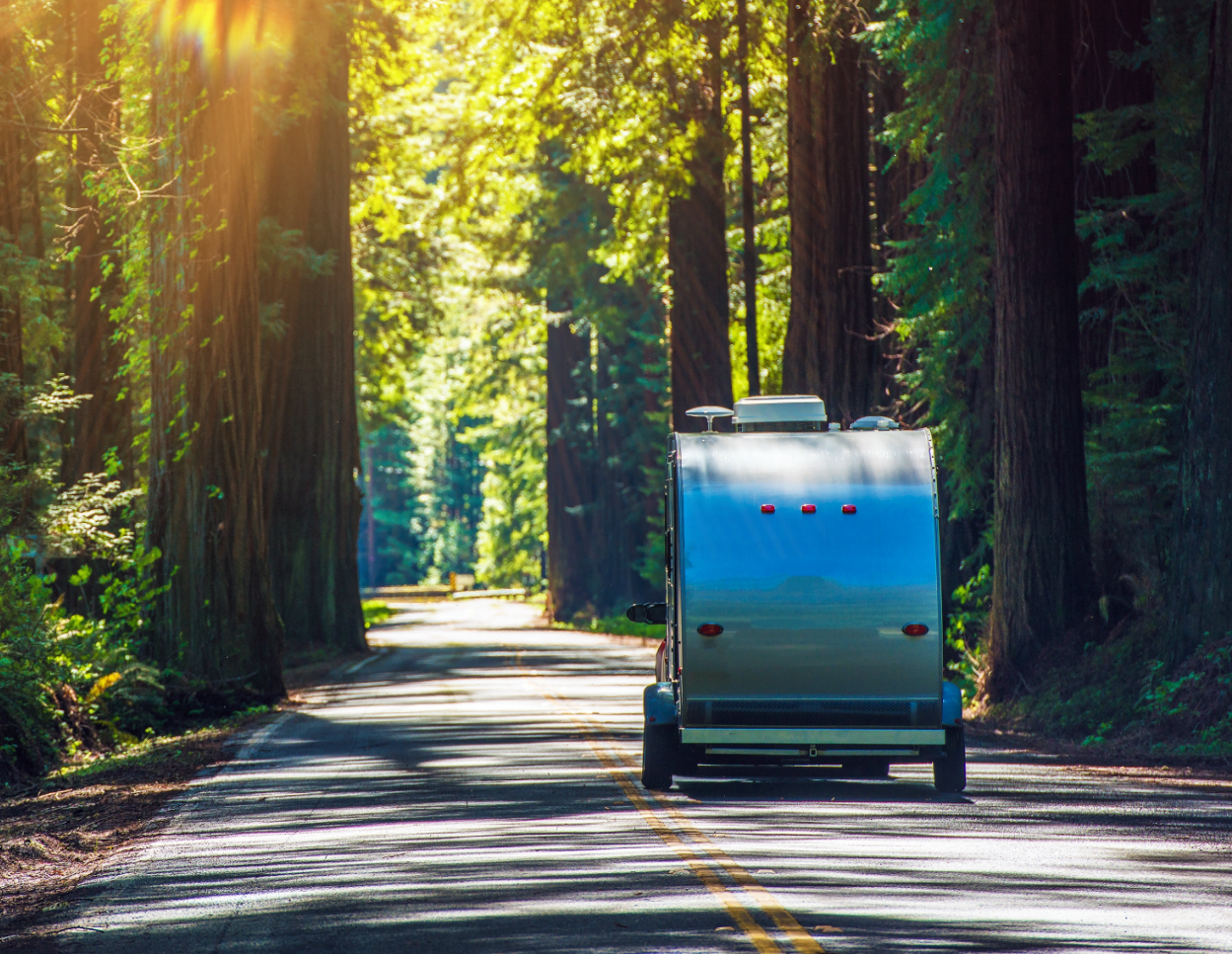 There’s something about docking your RV or pitching your tent in 80 acres in rural Virginia that makes any camper giddy about communing with Mother Nature. To the music festival enthusiast, camping amid such beauty – with a line up that includes String Cheese Incident, Phil Lesh and the Terrapin Family Band, Kacey Musgraves, Tyler Childers, Margo Price, and Leftover Salmon is enough to make you salivate.
There’s something about docking your RV or pitching your tent in 80 acres in rural Virginia that makes any camper giddy about communing with Mother Nature. To the music festival enthusiast, camping amid such beauty – with a line up that includes String Cheese Incident, Phil Lesh and the Terrapin Family Band, Kacey Musgraves, Tyler Childers, Margo Price, and Leftover Salmon is enough to make you salivate.
Set along the line that separates Patrick and Floyd counties in western Virginia, FloydFest is a camping feast for any festival goer’s senses – eyes, ears, and spirit.
RoadtripMojo spoke with festival co-founder Kris Hodges and executive Sam Calhoun to discuss how they keep the camping scene as captivating as the music is righteous. We learned how Hodges worked from the start to keep the camping scene fresh – and the organization makes sure the camping sites are welcoming to all.
RoadtripMojo: Some festivals are all about the music, and if they have any camping at all, it’s an open lot. Tell us about camping at Floydfest. How have you curated and created that?
 Sam Calhoun: That’s a very good question. Let’s back up just a bit… How we kind of catalyze the vision every single year is that, a unique thing to FloydFest is that we have a new name every single year. A new theme every single year. For instance, last year was Wild. The year before that was Freedom. This year is Voyage Home. Voyage Home speaks to many, many different things, but also speaks to people coming back home to this Blue Ridge precipice on the Blue Ridge Parkway. The camping experience that they’ve come to love, the camping experience that they’ve come to curate with other people that have, in essence, become their family.
Sam Calhoun: That’s a very good question. Let’s back up just a bit… How we kind of catalyze the vision every single year is that, a unique thing to FloydFest is that we have a new name every single year. A new theme every single year. For instance, last year was Wild. The year before that was Freedom. This year is Voyage Home. Voyage Home speaks to many, many different things, but also speaks to people coming back home to this Blue Ridge precipice on the Blue Ridge Parkway. The camping experience that they’ve come to love, the camping experience that they’ve come to curate with other people that have, in essence, become their family.
“We are still the only major music festival located on the Blue Ridge Parkway. Our location is arguably one of the most beautiful. We are on an 80-acre plateau that is on top of a gorge. Behind our main stage you drop off into the gorge. Some amazing views, especially when you get the drones up there flying.
 “Camping is one of the cornerstones of what we do. We want everyone to intimately be involved with the entire experience. We create experiences. We want people to walk away and realize that there’s a sanctuary up in that mountain. All of our camping circles all of our stages, kind of in a horseshoe, around our 80-acre property. Another property off campus, called Delta Lot, is where we put a lot of our powered and unpowered RVs. The majority of our patrons still camp, within and inside our main festival gates. Unlike other festivals, there’s not really barriers. You don’t enter a campground. It’s kind of a seamless connection between the camping area and the eight stages that we have over those five days. We have a lot of shade ’cause we’re up there on the high plateau with plenty of breeze. So it’s also not one of these sweltering hot festivals. We are at right around 4,000 feet. We tell people to bring some warm clothes, because we can be in the high 40s, low 50s. It’s a very unique atmosphere in July.”
“Camping is one of the cornerstones of what we do. We want everyone to intimately be involved with the entire experience. We create experiences. We want people to walk away and realize that there’s a sanctuary up in that mountain. All of our camping circles all of our stages, kind of in a horseshoe, around our 80-acre property. Another property off campus, called Delta Lot, is where we put a lot of our powered and unpowered RVs. The majority of our patrons still camp, within and inside our main festival gates. Unlike other festivals, there’s not really barriers. You don’t enter a campground. It’s kind of a seamless connection between the camping area and the eight stages that we have over those five days. We have a lot of shade ’cause we’re up there on the high plateau with plenty of breeze. So it’s also not one of these sweltering hot festivals. We are at right around 4,000 feet. We tell people to bring some warm clothes, because we can be in the high 40s, low 50s. It’s a very unique atmosphere in July.”
RTM: Do you have RV trailer parking on the main venue, or is that all reserved over at Delta?
Sam Calhoun: We have onsite RV parking, and we have offsite RV parking, which is at Delta lot. Alpha’s where we park most of the cars, and Delta Lot’s where have RVs and Park & Camp. It’s a cohesive 24-hour shuttle system that runs nonstop between those lots. You can get away for the night at Delta, and come back whenever you wish. If there’s a show you want to catch, that goes all the way at 2:00 or 3:00 a.m., we’ll make sure you get back to Delta.
“The majority of our patrons choose to camp onsite because they want the full experience for those full five days. This is not a day-tripper festival. It’s something where they realize, ‘We’re gonna go there, and we’re gonna camp out with our family and friends for five days, and stay the entire time.’ Really, it’s a full experience. We don’t have a lot of people just buying in for that one day. In fact, when they buy in for one day, the next year they’ll come for five.”
RTM: People really take the initiative to create their own communal experience. Like Katie Walthall, who runs Kamp Happiness.
Sam Calhoun: I was gonna ask you that. Kamp Happiness. I noticed that you guys are connected. That’s a great example. We have many of those, where people just kind of, they claim their campsite, they give it a name, and they develop it, celebrate it. It’s a beautiful thing.
“Truly, in the end, this is their festival. That’s why we’re also able to survive. It’s because these people take ownership of it. That’s also why it’s one of the most family friendly festivals. We’ve seen kids grow up with is. I mean, people literally let their children run free, knowing that other patrons will look out for their best interest. It’s a beautiful situation to witness.”
